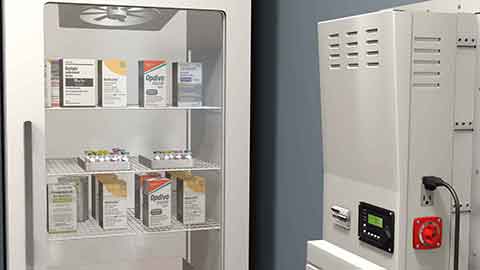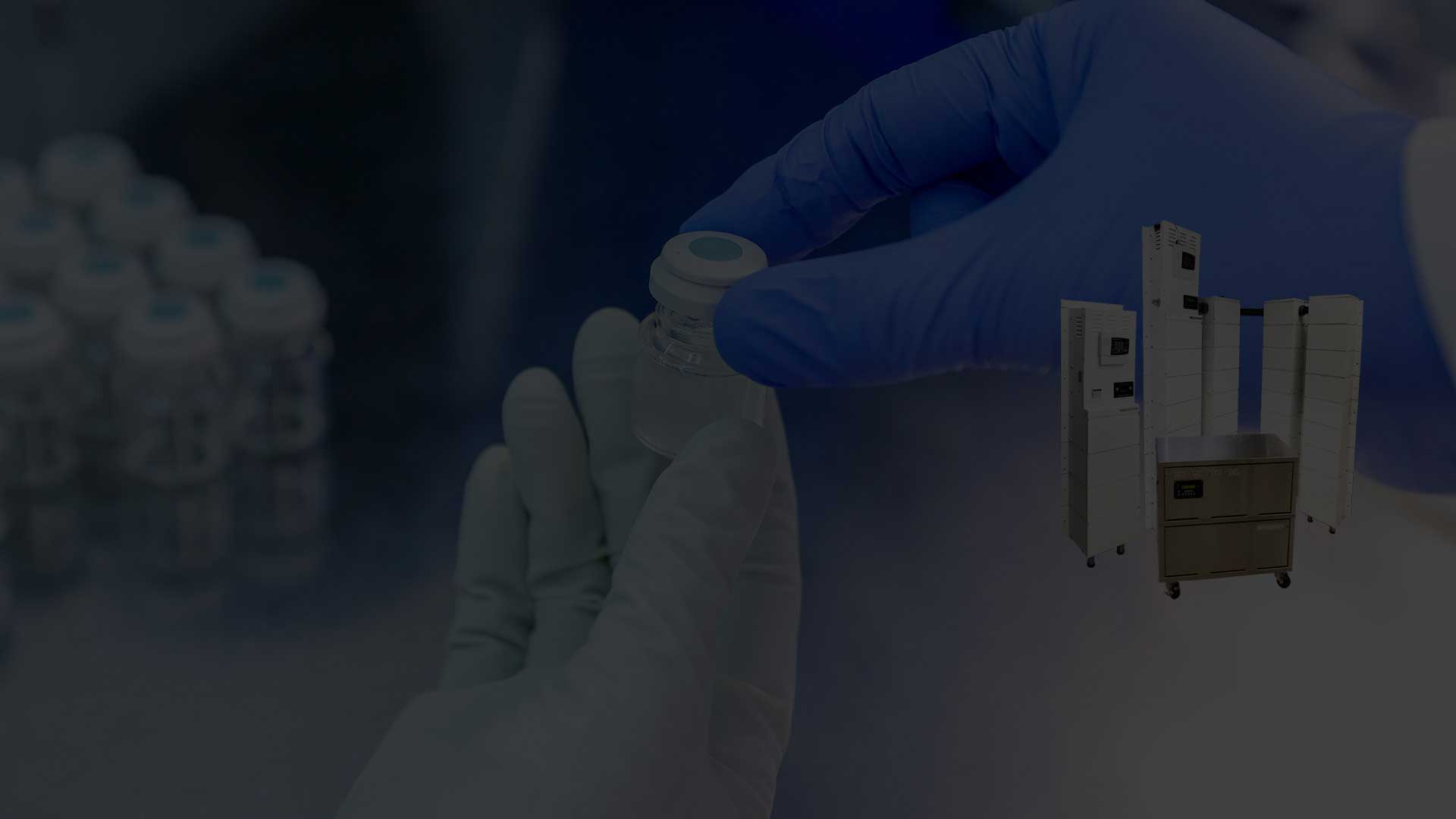72-Hour Battery Backup
In this fast-paced world today, an uninterruptible power supply is increasingly required: for example, in critical care life support systems or as an emergency measure during grid power failures, or uninterrupted production processes in industries. The difference between normal operations and disastrous downtime can be determined by the presence of a reliable battery backup system at such times. One of the most critical components to assure this dependability is a 72-hour battery backup. Don't worry if you don't get it as to what we are trying to settle here. This blog will let you know everything about 72-hour battery backup.
What is a 72-hour battery backup?
Before we get into the mechanics, you should understand what a 72-hour battery backup is. In times when there is no electricity, a 72-hour battery backup is a system that provides power for 72 continuous hours to whatever it is connected to. These are also essential for maintaining the continuity of crucial activities during a blackout from the main grid. These usually contain batteries that can hold huge amounts of charge. It typically houses high-capacity batteries, a battery management system, and an inverter that digitizes the stored energy into usable electricity.
Why Do People Need a 72-Hour Battery Backup?
Power can go out for numerous different reasons. Sometimes, big storms knock down power lines; other times, there is too much electricity demand, and the system cannot keep up. The reason is immaterial—we all suffer gigantic issues when the power goes out. This is where a battery backup becomes important.
Ensuring Uninterrupted Medical Care
In the healthcare industry, uninterrupted power is vital. Medical equipment like ventilators, heart monitors, and infusion pumps must function incessantly to save lives. A 72-hour battery backup ensures these critical devices keep running during an outage for health and safety.
Safeguarding Commercial Operations
Power outages and downtime can lead to significant financial losses for organizations. Any retail location, data center, or manufacturing plant requires continuous power to sustain high productivity and effectively service customers. A 72-hour battery backup will keep the system running until the primary power supply is restored.
Supporting Industrial Applications
Many industrial plants hold equipment and systems that cannot afford to be out of commission for even one second. A 72-hour battery backup assures the continuance of important operations—production lines, safety systems, and environmental controls—during power outages, avoiding costly delays and potential risks.

How Does a 72-Hour Battery Backup Work?
A 72-hour battery backup system includes multiple components. These can include:
Battery Storage
A 72-hour battery backup system is built around a battery storage unit. The units are meant to store a significant amount of electrical energy. Modern systems rely on modern lithium-ion batteries, which are known for their high energy density, long lifespan, and ability to recharge quickly.
Battery Management System (BMS)
The BMS monitors and manages the battery pack, ensuring that the batteries are charged efficiently and not overcharged and that the load is balanced for peak performance. It monitors the state of each battery cell to ensure that the backup system is working properly.
Inverter
The inverter is a critical component in converting the stored direct current energy in the batteries to the standard alternating current (AC) electricity required by most electronics and appliances. This conversion is transparent, for connected equipment continues receiving power without interruption.
Applications of 72-Hour Battery Backup Systems
Medical Facilities
To power critical medical devices like life support machinery, diagnostic equipment, and electronic medical records among others, hospitals, clinics, and home healthcare providers have greatly depended on battery backup systems. Incorporating an additional level of protection by using a battery backup contributes to reducing the risk of patient care compromise.
Data Centers
These facilities house critical data centers and offer cloud services, which give many of today's digital enterprises their power. A 72-hour battery backup system is used to ensure that data is not lost during a power outage and that activities continue uninterrupted while safety and security systems are kept operational until normal power is restored.
Retail and Commercial Buildings
Point-of-sale systems, security cameras, lighting, and HVAC systems all require continuous power to work in retail businesses and commercial buildings. In each of these instances, a reliable battery backup system guarantees that activities continue uninterrupted while also providing critical services to clients for service and safety.
Industrial Plants
Industrial plants rely on complicated machinery and control systems that must function properly to avoid production losses and safety accidents. A 72-hour battery standby power ensures continuity, which supports productivity and safety.
Conclusion
The need for power reliability in an age like this is why the 72-hour battery backup system is crucial to almost all businesses. This is to say that these systems are very important because they help in saving lives by keeping life support machines running as well as protecting commercial activities in general meaning; people cannot do without them today. Understanding the value of a UPS, how it works, and its applications allows organizations and people to make informed decisions about protecting operations and investments from power outages.



